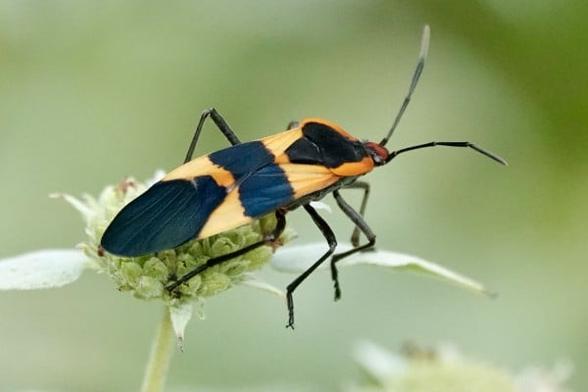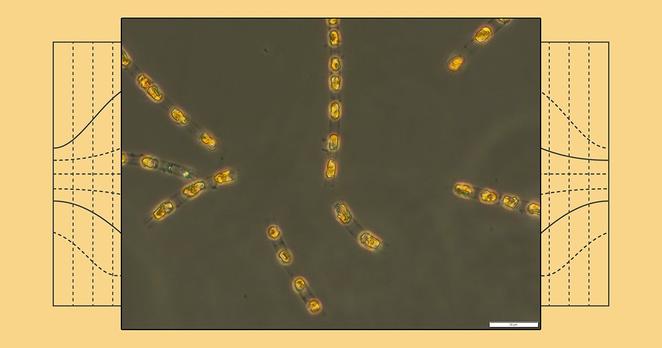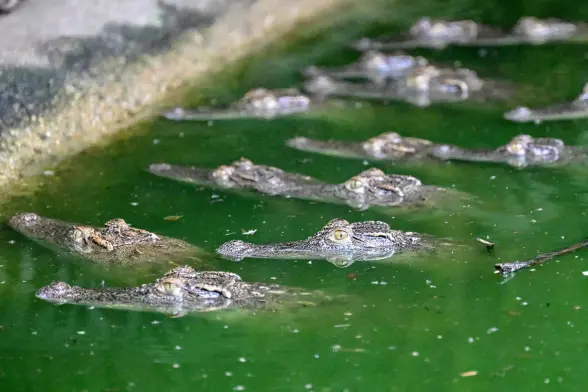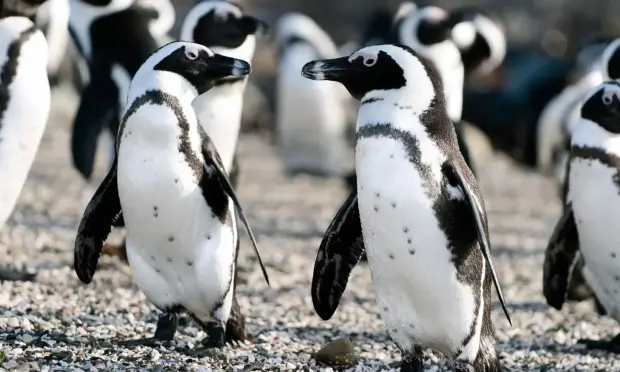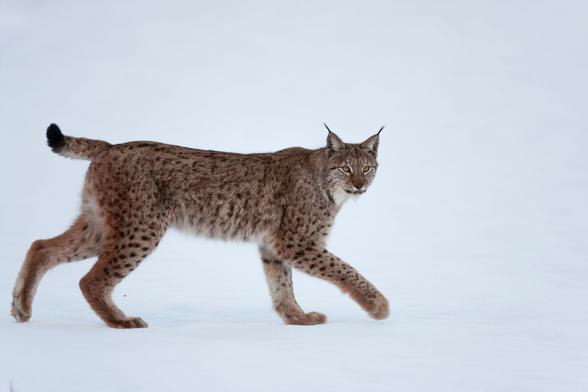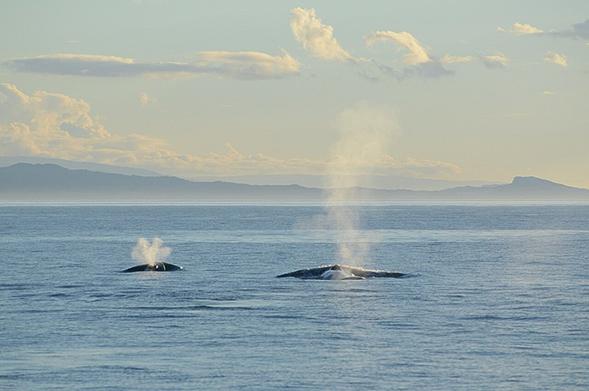Insects are disappearing at an alarming rate worldwide, but why? A recent meta-analysis of over 175 studies on this topic shows that there is a complex netwerk of driving factors with agricultural intensification at the top of the list of proposed drivers.
#biodiversity #ecosystems #insect #ClimateChange #extinction
So, I wonder if #zoos contribute to the survival of vital ecosystems by their objectives regarding breeding endangered species, nature conservation and #biodiversity, conducting or funding and facilitating research both under captive conditions as in the wild.
| website | https://aboutzoos.info |
